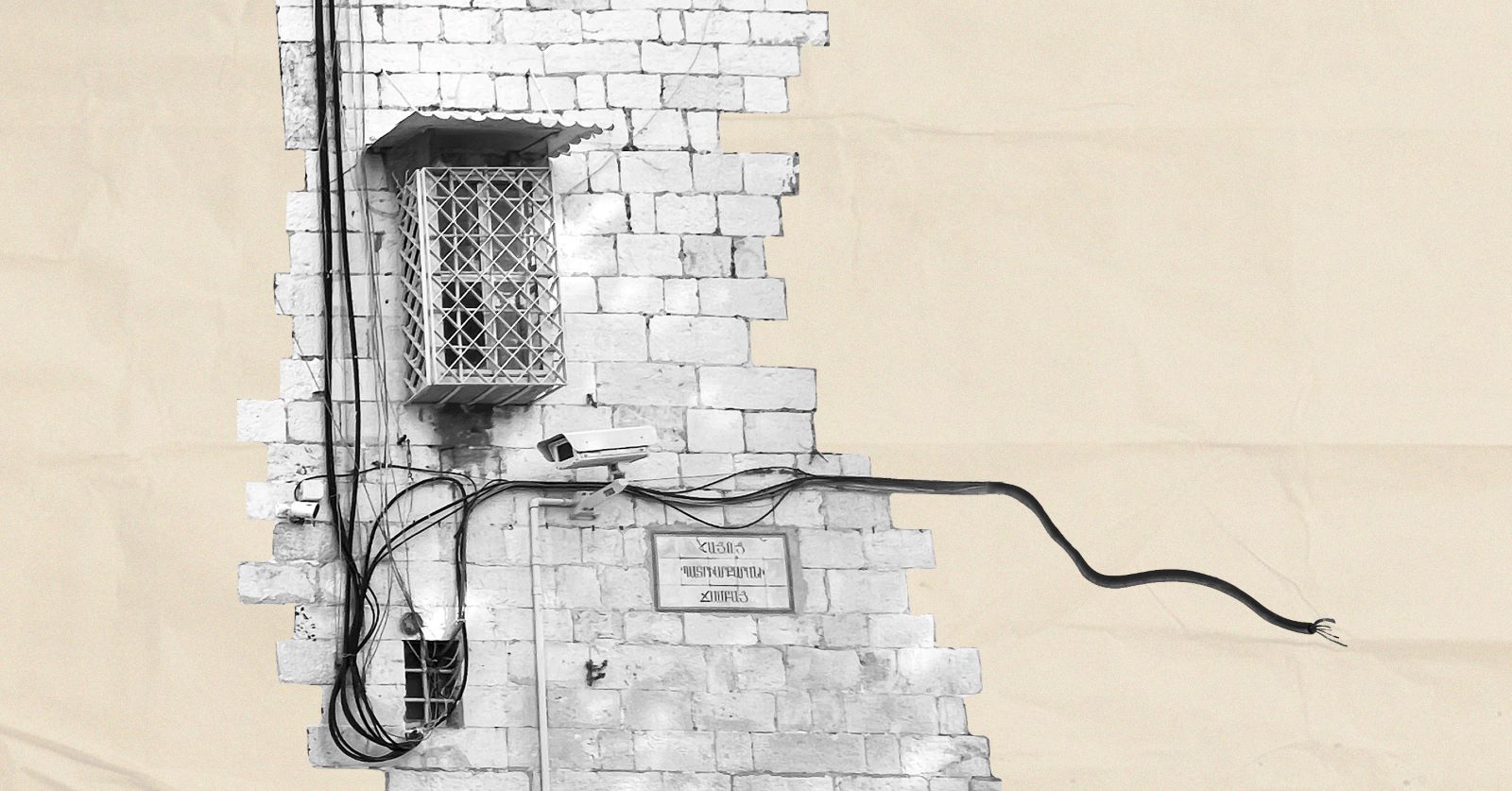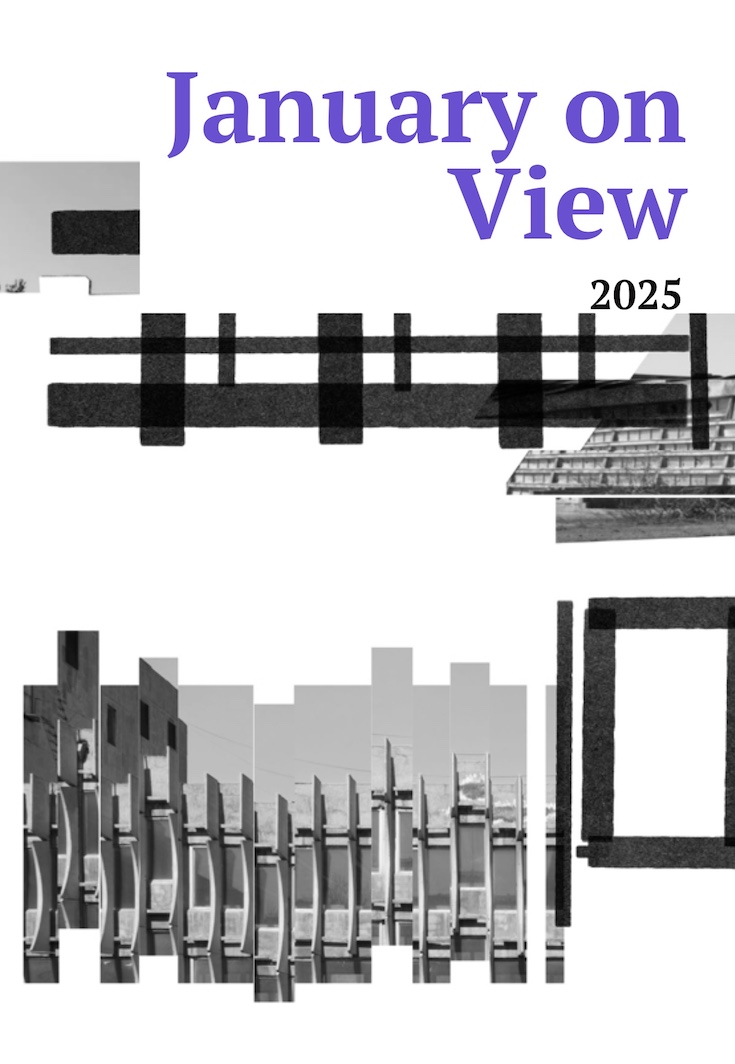
Listen to the article.
Just as U.S. Secretary of State Marco Rubio wrapped up his visit to Jerusalem, where he assured an Armenian Patriarchate representative that the U.S. would work to safeguard the Christian presence in Israel, preventing a repetition of the massive decline in population that has befallen them elsewhere in the Middle East, the Armenian Quarter has once again come under threat.
On February 19, Archbishop Nourhan Manougian, the Armenian Patriarch of Jerusalem, issued an urgent communiqué warning that the Jerusalem municipality is attempting to seize and auction properties it owns outside the Old City over alleged unpaid property taxes dating back to 1994.
The properties in question are not part of the Cow’s Garden dispute in the Armenian Quarter, a strategically vital property adjoining the Patriarchate. The issue stems from a 2018 decision by the Jerusalem municipality, approved by Benjamin Netanyahu’s government, to impose the Arnona property tax on Christian church-owned real estate—despite a 200-year exemption. This tax dispute further strains the Armenian community as they warn of existential threats to the Armenian Quarter.
In a ruling that never had legal authority, the Jerusalem municipality determined that this exemption applied only to religious buildings, while all other properties should be taxed retroactively from 1994. This created a debt that no church could afford to pay. If payments are not made, the properties in question will be seized and auctioned off to cover a debt that does not exist for the city of Jerusalem.
Following this, the Patriarch sent a letter to Israeli Prime Minister Benjamin Netanyahu regarding the issue of Arnona, urging him to intervene and put an end to the actions taken by the municipality against the Patriarchate, as well as to resume the meetings of the government committee he established to find a solution to the problem. If the court rejects the Patriarchate’s appeal, the municipality could seize and auction off the Armenian Church’s properties and expropriate its lands if the alleged debt is not paid by then.
The Armenian Patriarchate contests the legality of this action, arguing that it has never been subject to a judicial decision. The Patriarchate’s complaint also points out that the City of Jerusalem’s authorities have ignored the statute of limitations for the period from 1994 to 2018 and are demanding an exorbitant sum without clearly defining the presumed tax base. Additionally, a significant portion of the alleged debt concerns a property that is, in fact, leased to the Jerusalem municipality itself, which has accumulated substantial debts by failing to pay rent for several years. The Armenian Patriarchate has not pursued legal action to recover these unpaid rents, opting instead for an amicable and discreet resolution, efforts that have so far yielded no results.
The Armenian Patriarchate of Jerusalem states that it has attempted to present these arguments to municipal authorities, but they have refused to reassess the validity of the debt, despite clear violations of legal deadlines and procedures. As a result, the City of Jerusalem issued a seizure order, with the communiqué even identifying a municipal employee allegedly responsible for the situation, instructing the judiciary to comply with the order as if it were a court ruling.
In other words, the municipal employee is acting simultaneously as the claimant, judge, and executor of the administrative order, serving the interests of his employer—the municipality.
The Patriarchate has therefore filed an administrative petition against the Jerusalem municipality and its debt collection officer, with a hearing scheduled for February 24, 2025. Following the petition’s submission, the enforcement process was suspended. However, if the petition is rejected, not only will the municipality be authorized to resume the seizure of specific properties immediately, but it will also establish a dangerous legal precedent legitimizing the expropriation of property rights and the forced liquidation of assets belonging to Christian religious institutions and communities in Israel. This would result in far greater harm to property owners than the disputed debts themselves.
How Are Israel’s Churches Responding?
Severely weakened, neither the Palestinian Authority nor the Kingdom of Jordan is currently able to effectively protect Armenian properties in the Holy Land. The Hashemite custodianship refers here to the Jordanian royal family’s historic role in tending to Muslim and Christian holy sites in the city of Jerusalem, a responsibility and legacy dating back to 1924. Despite Jordan renouncing claims to East Jerusalem, losing the West Bank in 1967, and signing a peace treaty with Israel in 1994, Jordan remains committed to protecting these sacred sites.
Meanwhile, the Armenian government, embracing an ideological course that distances it further and further from the diaspora, has not issued any statements. The Holy See of Etchmiadzin and the Catholicosate of Cilicia have also not made statements.
The Armenian Patriarchate is the only Christian community selected—perhaps even targeted—to face such unprecedented and irreversible measures regarding the alleged Arnona debt. The Patriarchate is calling on the Israeli government and the Prime Minister to halt all proceedings until the results of a commission, established in 2018 in collaboration with Christian churches in Israel, can reach a compromise on this tax issue.
As war and its economic consequences weigh heavily on all the Churches of the Holy Land, several Israeli municipalities have initiated proceedings to tax their properties. The representatives of the Churches in Jerusalem as well as the World Council of Churches have shown their solidarity towards the Armenian Patriarchate through a statement.
An Explosive Issue
The escalating tension between Israeli authorities and the small Christian minority of Jerusalem is part of a broader process of Judaization of the Old City, where real estate has become highly coveted due to the rapid demographic growth of the ultra-Orthodox Jewish population. For years, the surge in acts of hostility and violence with Christianophobic motives has reached alarming levels. Although small in number, the Armenian youth of Jerusalem, firmly rooted in their historical rights and deeply attached to their neighbourhood, refuse to fall into the trap of confrontation with Jewish supremacist groups. These groups accuse Armenians of alleged antisemitism to justify their expansionist ambitions.
Last year, the heads of the churches in Jerusalem co-signed a letter to the Israeli Prime Minister, demanding an end to these attempts and a definitive resolution to an issue that continues to strain relations with the Israeli authorities. In a joint letter addressed to Netanyahu on June 18, 2024, which was later leaked to the press, the heads of the Churches of the Holy Land denounced what they called “a coordinated attack against the Christian presence in the Holy Land.”
This coordinated protest was launched in response to legal actions initiated by several major Israeli municipalities, including Jerusalem, Tel Aviv-Jaffa, Nazareth, and Ramla. These cities are demanding payment of alleged tax debts from the Churches, having sent formal notices or taken legal action to enforce their claims. These initiatives represent the latest chapter in a longstanding dispute between the Churches of the Holy Land and Israeli authorities over Arnona, the equivalent of a housing tax in France.
The Churches argue that they have been exempt from all taxation since at least the time of Ottoman rule in the Holy Land (beginning in the 16th century). These exemptions were upheld by successive international treaties, including the 1947 UN Partition Plan for Palestine. Even Jordan, which governed East Jerusalem until 1967, did not impose this tax on the Churches.
A Power Struggle
In support of their claims, Israeli authorities argue that these exemptions apply only to places of worship strictly speaking and not to properties used for other Church-related activities, such as hospitality, restaurants, or souvenir shops. They also cite concerns about unfair competition harming Israeli businesses and significant lost tax revenue.
The Jerusalem municipality has been at the forefront of this dispute. The city has one of the highest poverty rates in Israel, and a large portion of its population—including ultra-Orthodox Jews and Palestinians—is not subject to taxation. In 2018, then-Mayor Nir Barkat launched a standoff with the Churches, seeking to tax their “non-religious real estate assets” for a total of 650 million shekels (over 162 million euros). He even ordered the freezing of their bank accounts.
Church representatives strongly opposed these measures, going so far as to close the Church of the Holy Sepulchre in February 2018 in protest. Amid a global outcry, Prime Minister Netanyahu was forced to personally intervene, dismiss the mayor’s claims, and appoint a mediator to find a definitive resolution to the issue.
Seven years later, it is clear that nothing has been resolved. Yet, an official dialogue has been ongoing since the establishment of diplomatic relations between the Holy See and the State of Israel. Signed in 1993, this “Fundamental Agreement” provides for “the establishment of negotiations on property issues and economic and fiscal matters” between the parties. As early as 2018, the Catholic Church had already cited this local tax dispute as one of the reasons delaying the conclusion of these negotiations.
Beyond the institutions themselves, this general attack against the Churches and all Christians who consider Jerusalem their spiritual home could have devastating consequences for already vulnerable populations. Indeed, this tax exemption allows the Churches of the Holy Land “to invest massively in services that benefit society. This includes schools built and managed by the Churches, kindergartens, hospitals, convents, churches, retirement homes, and various other activities that complement the work of the State itself.
The Armenians, seen as the weak link, have become the perfect target. Their presence has never been challenged as intensely as in recent months. Everything will depend on the efforts of their supporters in Armenia, the diaspora, as well as sister Churches and advocates of a pluralistic Jerusalem—one free from the demons of religious sectarianism and all forms of intolerance.
Also see
Assad’s Fall: A Wake-Up Call for Armenia to Carve Out a Place in the Region
The fall of Bashar al-Assad’s regime is reshaping Middle Eastern dynamics, underscoring Armenia’s need to rethink its regional strategy. Balancing pragmatism with principles, Armenia must leverage its strengths, recalibrate foreign policies, and foster resilience to navigate a volatile geopolitical landscape.
Read moreWhat Role Can Armenia Play in the Defense of Minorities in the Near East?
For over a decade, there have been attempts by the conservative and even the extreme right to protect Near Eastern Christians and other Eastern minorities, which all too often does a disservice to the cause of the very populations they claim to defend.
Read moreArmenians of Jerusalem: Facing an Existential Threat
Are the future prospects of the Armenians in the Holy City, whose rich heritage is a cherished part of the diaspora, doomed? Despite their presence in Jerusalem dating back to the 4th century AD, during the early days of Christian pilgrimages, the current situation poses a significant threat.
Read moreThe Existential Challenges of the Armenian Middle East
Three years after the tragic explosion in the port of Beirut and 12 years after the outbreak of the Syrian Civil War, Armenian communities in the Middle East seem to be continuing their descent into the abyss. Tigran Yegavian explains.
Read more






